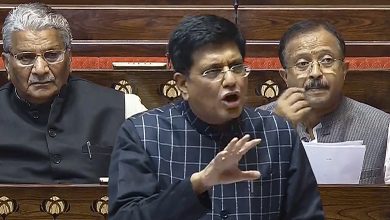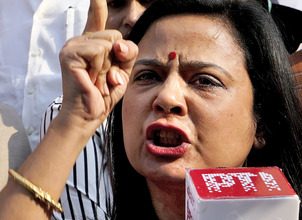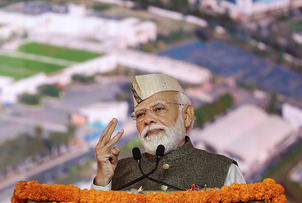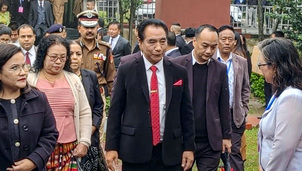Fears for kid’s privacy as Delhi schools install facial recognition

New Delhi, Mar 02 (Reuters):
Facial recognition technologies installed in at least a dozen government-funded schools in Delhi are an ‘overreach’ by Indian authorities and an invasion of children’s privacy, digital rights advocates said on Tuesday.
The move to introduce facial recognition technology follows a 2019 decision by the Delhi city government to mount closed circuit television (CCTV) cameras in more than 700 public schools to ensure the safety of students.
The facial recognition systems are being installed without laws to regulate the collection and use of data, which is particularly worrying for children, said Anushka Jain, an associate counsel at Internet Freedom Foundation, a digital rights group that became aware of the rollout last week. ‘CCTV is already a violation of children’s privacy, even though some parents had supported it for the safety of their children … but the use of facial recognition technology is an overreach and is completely unjustified,’ Jain said. ‘Its use for children is particularly problematic because the accuracy rate is so low – so in the event of a crime, you could have children being misidentified,’ she told. Parents were unlikely to be aware of the risks related to potential data breaches and misuse, she added. Facial recognition technology is being increasingly deployed in airports, railway stations and cafes across India, with plans for a nationwide system to modernise the police force and its information gathering and criminal identification processes. But analysts say its benefits are not clear, and that it could breach people’s privacy or lead to greater surveillance, with few safeguards and little clarity on how the technology works, how the data is stored, and who can access it.
A personal data protection law is being drafted by Indian lawmakers.
Delhi authorities did not respond to requests for comment, but previously said that CCTV had reduced truancy in schools. Facial recognition systems are often rolled out without a privacy policy or consent from guardians to collect and process the data of minors, said Prasanth Sugathan, legal director at Software Freedom Law Centre, a digital rights nonprofit.








